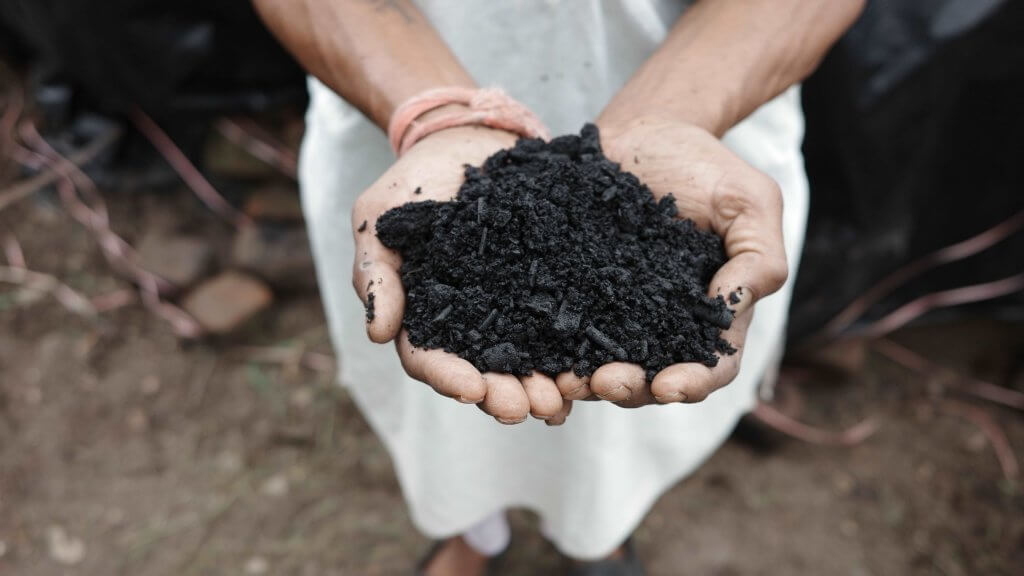Scientists Investigate Biochar As Low-Carbon Building Material

A team of scientists led by Dr. Mehreen Gul from Heriot-Watt University is conducting pioneering research into the use of biochar as an innovative, low-carbon building material, aiming to revolutionise sustainability in the construction industry.
The interdisciplinary project, which involves collaboration between Heriot-Watt University, Aston University, and the University of Birmingham, is designed to advance efforts to reduce carbon emissions from the construction sector, which is responsible for nearly 40% of global energy-related carbon emissions.
Biochar is a charcoal-like substance produced by heating organic biomass, such as food, paper, and agricultural waste, in low or no oxygen environments.
It has shown promise in improving insulation, air quality, and moisture control in buildings, while also functioning as a carbon sink, absorbing more carbon from the atmosphere than it releases. Replacing just 1% of fine aggregate in cement with biochar can improve the compressive strength of concrete by around 10%.
Dr. Mehreen Gul, assistant professor in Architectural Engineering at Heriot-Watt University, highlighted the importance of this research in addressing the environmental impact of construction: “Our research aims to provide an evidence base for adopting biochar within building projects to contribute significantly to carbon reductions, helping the government meet net zero emission targets and providing reassurance to industry and the wider public about its use.”
The two-year project will take an integrative approach, involving experts in civil engineering, building physics, and social science. The team will collaborate closely with industry partners, policymakers, and end-users to ensure that the research is grounded in practical solutions that are both effective and socially acceptable. Their goal is to develop a framework that encourages the widespread use of biochar in the UK construction industry and beyond.
Dr. Gul explained the interdisciplinary nature of the project: “We’ll be testing the performance and properties of biochar in materials like concrete, brick, and plaster, while also running building simulations to investigate potential energy savings and thermal efficiency.” This comprehensive approach also involves gathering feedback from industry stakeholders to understand the costs, limitations, and social acceptability of biochar as a building material.
The project’s findings will include case studies demonstrating biochar’s use in buildings, detailed performance metrics for structures using biochar composites, and potential regulatory pathways to support its adoption. Additionally, the research team will explore carbon credit opportunities that could incentivise the construction industry to adopt this promising material.
The project is funded by an £800,000 grant from UKRI’s new cross-research council responsive mode pilot scheme, which supports innovative interdisciplinary ideas with the potential to transform existing practices. This funding aims to unlock new research approaches that could lead to groundbreaking sustainable solutions for the construction industry.




